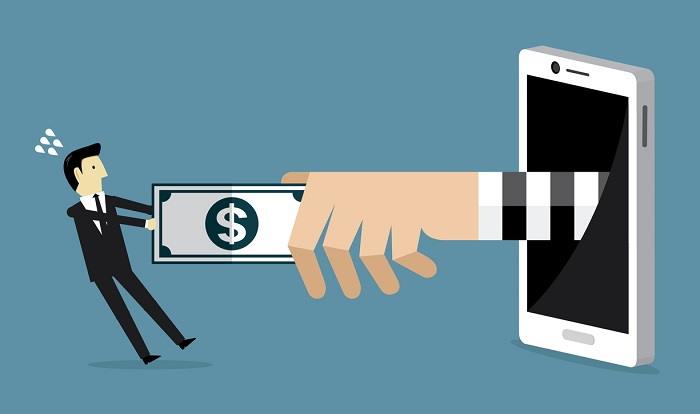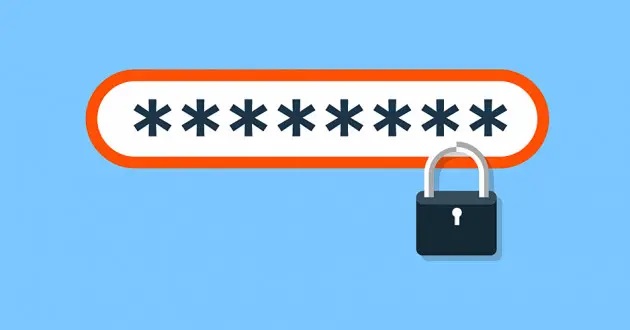In the past, gaming was considered more of a pass time for kids and teens. It is now official that having an interest in gaming is not a phase; rather, it has grown into a serious business that encompasses people of all ages and from both genders.
According to research, more females spend money on games than males, and more players are over 36 years old. The estimation by the study is that by 2021, the gaming industry will be worth over $174 billion. These numbers mean that more hackers are turning towards attacking gamers.

Contents
Top 3 Cyber Risks for Players
Some of the cyber risks facing players include:
1. Credential Stuffing

Credential stuffing is an easy way for a hacker to steal your data or money. This technique requires no technical know-how, only a little cash to buy leaked credentials from the black market.
From there, the hackers assume that most gamers tend to use the same password multiple times in different accounts, so they continue trying until they get in. Most casual gamers have two or three gaming accounts linked to their credit cards, making this an easy way to get robbed.
2. Falling Prey to Buying Cheats (Power-Ups)

Serious gamers know there is a lot of money in gaming goods and giveaways. Developers intend for players to earn their achievements and rewards by gaming seriously. However, most gamers want shortcuts to these achievements. Some gamers are willing to pay third parties to buy power-ups, opening up a doorway for hackers.
3. Third Mobile Party Apps

Gaming apps for mobile are easy to develop in comparison to full games and are more popular. It is not easy for publishing platforms or players to verify the apps’ security. This leads to more security breaches in mobile apps as compared to a PC or console games.
How To Stay Safe From Cyber Threats
As a gamer, you have to take your cybersecurity much more seriously by:
1. Secure Passwords

Ensure that you have secure passwords to all your accounts. Avoid the temptation to use the same password across accounts. Invest in a password manager that churns out a random and unique password every time.
Use the two-factor verification. This requires you to confirm the password by either inputting a second passcode sent to a trusted device or using biometric verification such as fingerprint or retina scan. Ensure your passwords are not obvious or easy to guess, such as pet names or birth years.
2. Installing A VPN

A VPN for gamers works pretty well for players by creating a safe tunnel between your device and the internet. A VPN (Virtual Private Network) hides your location, masks your IP address, and, best of all, and encrypts your data.
Most gamers, especially mobile apps, love to log in to unsecured public Wi-Fi networks, putting them at risk. A VPN allows them to comfortably and securely log in from anywhere without the risk of being hacked.
3. Download Games from Legit Sources

Most gamers think nothing of downloading a game that asks them to bypass the security of their operating systems. Most players go to the extent of rooting or Jailbreaking their devices to enable them to download these games.
You should only download games from the official stores such as Play store. However, you need to be careful, mainly if you use the Android operating system as the play store, the verification system is not as stringent as the iOS verification.
Conclusion
Gaming is a severe multi-billion industry. This fact alone makes it attractive to hackers, as most gamers are adults who have bank accounts worth hacking. Do not be lax about cybersecurity as hackers are becoming more crafty ad use sophisticated means to get your data, and eventually, your money. Be wary about downloading mobile game apps or playing games online. Most often, these games contain malware and viruses.






























